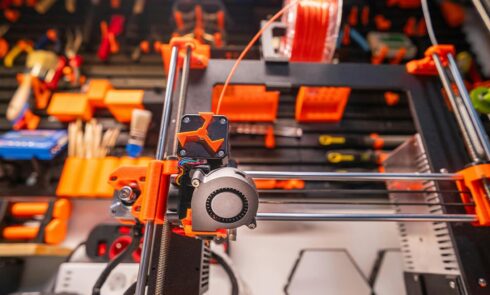The electronics and semiconductor industries are at the forefront of technological advancements. With the development of IoT (Internet of Things), artificial intelligence (AI) and edge computing, the amount of data generated by electronic devices is growing exponentially. This presents both challenges and opportunities for companies in these sectors.
Understanding the relationship between big data and electronics
Big data technology refers to systems and processes that handle extremely large data sets, including storage, analysis, and real-time processing. Electronics manufacturers are increasingly turning to Big Data solutions to make sense of the vast amounts of information generated by devices, systems and user behavior.
In the semiconductor sector, big data is helping to improve design, manufacturing and testing processes. For example, predictive maintenance based on big data analytics can identify problems in semiconductor manufacturing equipment before they lead to costly downtime. By analyzing equipment data in real time, manufacturers can avoid production delays, reduce costs, and increase overall semiconductor yields.
The importance of big data for electronics manufacturers
For electronics companies, big data offers a number of benefits, from improving supply chain efficiency to optimizing product design. Real-time data from devices helps manufacturers fine-tune their processes, ensuring higher product quality and faster time to market. In addition, big data enables companies to understand consumer behavior, anticipate market trends, and make data-driven decisions that lead to smarter investments and innovation.
Global surge in big data adoption
The global market for big data technologies is growing rapidly, fueled by the increasing reliance on data-driven decision making in various industries, including electronics and semiconductors. According to a recent market analysis, the global big data market is expected to reach $229.4 billion by 2025, growing at a compound annual growth rate of 16.8%.
This surge is largely attributed to the proliferation of connected devices, the need for automation, and the development of artificial intelligence. Electronics companies are adopting big data technologies not only to optimize operations but also to remain competitive in a rapidly evolving market.
Positive changes in the electronics industry
The impact of big data on the electronics industry goes beyond operational efficiency. Companies are now using advanced data analytics to develop smarter devices. For example, consumer electronics companies are using data to personalize products and services, which enhances the customer experience and increases customer loyalty.
In the semiconductor industry, big data is critical to accelerating innovation. With increasingly complex designs and miniaturization of components, engineers are relying on advanced data models and simulations to create more efficient chips. In 2024, 5G technology and quantum computing will further spur demand for more powerful semiconductor chips to be designed with big data technology.


